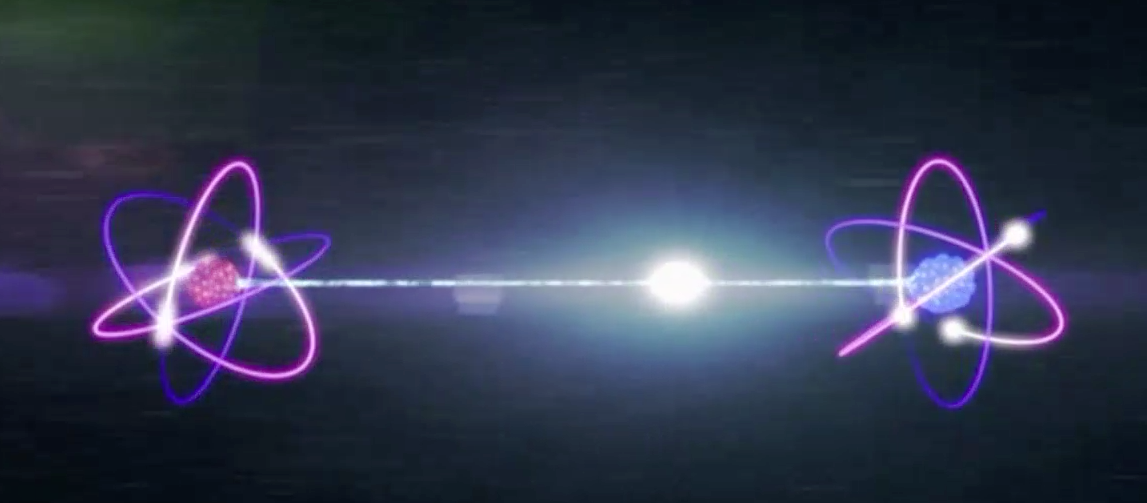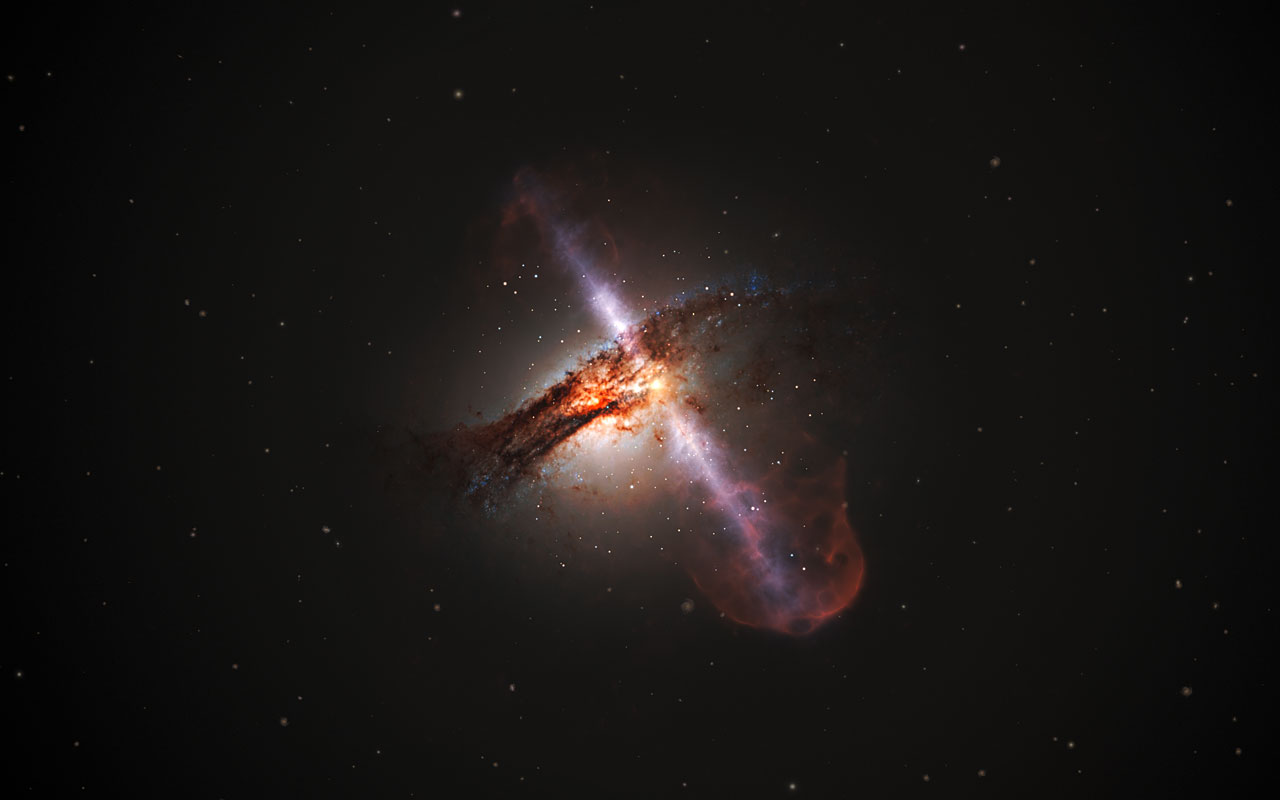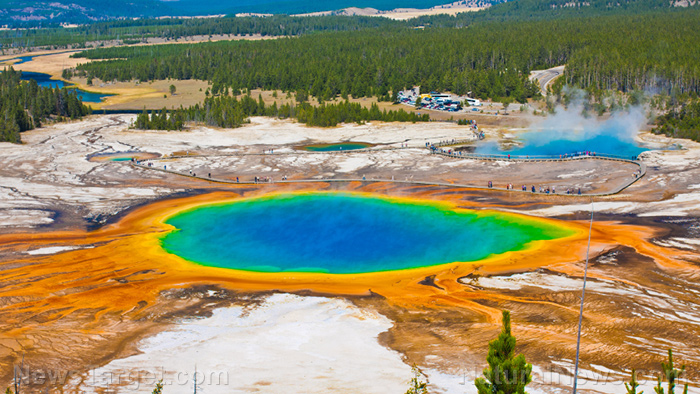Fascinating spy plane photos from the 1950s and 60s reveal hidden archaeological spots in Aleppo, Jordan and Nimrud
08/31/2019 / By Edsel Cook

The still-raging Syrian Civil War wrecked much of the ancient city of Aleppo. However, it lives on in declassified photographs taken by American spy planes during the early decades of the Cold War.
The CIA recently released black-and-white images taken by a U-2 recon aircraft that flew over Middle Eastern countries during the 1950s and 1960s. In addition to Aleppo, the spy planes took snapshots of Egyptian sites along the Nile River and the ruins of Nimrud in modern-day Iraq.
An ancient Assyrian city, Nimrud was occupied by ISIL in 2014. The terrorists deliberately destroyed much of the archaeological site until the Iraqi Army drove them out in 2016.
Fortunately for researchers, Aleppo and Nimrud were among the targets of a U-2 spy mission called CHESS. Declassified in 1997, the images remained untouched and unorganized for decades until researchers from the University of Pennsylvania (UPenn) and Harvard University decided to digitally scan them and build their own index.
Emily Hammer and Jason Ur sifted through the old aerial photographs in search of archaeological tidbits. They uncovered evidence of prehistoric stone hunting traps in Jordan, the irrigation system that watered Nimrud and other Assyrian cities in northern Iraq, and marsh villages in southern Iraq. (Related: Unlocking the secrets of Ancient Egypt: Archaeologists uncover dozens of mummified animals in the Tomb of Tutu.)
Cold War spy plane photos provide glimpse into Middle Eastern history
In addition to the U-2 photographs, Hammer and Ur evaluated several rolls of film from the National Archives in Kansas. They went through spools that contained negative frames and measured thousands of feet long.
The researchers placed each frame on a light table for scrutiny. Next, they used a 100-millimeter macro lens to take digital photographs of the negatives.
After linking the new photos together, they ran them through computer recognition software, hoping to figure out the locations in the images.
“As you turn the spool of a film roll following the path of the U2 plane, you may not know exactly what you’ll see in unfamiliar places, so there’s often a sense of exploration and discovery,” shared Hammer. “Other times, the pilots were flying over regions I knew by heart from travel and study, and I would almost hold my breath, hoping that the plane had veered just a little to the right or left.”
The indexed photographs provided researchers a way to study ancient areas in the Middle East as they had been in the 1950s and 1960s before recent events altered the region. For example, Aleppo and Nimrud appeared in the photographs in their undamaged glory.
Desert kites, Assyrian canals, and Marsh Arab communities
The UPenn and Harvard researchers got the idea from a Chinese colleague. The latter studied his hometown during the Cold War through U-2 photographs.
Hammer and Ur decided to take a crack at other declassified spy plane images. They hoped to come across a juicy archaeological find in the Middle East.
Their efforts produced some of the best overhead imagery of “desert kites.” Found in eastern Jordan, the stone structures dated back to a period between 5,000 B.C. to 3,000 B.C. Ancient hunters built them to trap and kill prey.
“We were able to map many features that have been destroyed since 1960 and are no longer visible in modern imagery,” reported Hammer and Ur. “This is particularly true for villages, corrals, and wheel structures, which are smaller than desert kites and more vulnerable to total erasure by modern agriculture and development.”
Furthermore, they got to examine the canal systems of Assyrian cities in northern Iraq. The irrigation system sustained royal capitals and villages alike.
Another discovery showed the existing and abandoned communities of Marsh Arabs in southern Iraq during the Cold War. Saddam Hussein drove them out in 1991 by draining their marshland homes.
Sources include:
Tagged Under: aleppo, ancient cities, ancient history, archaeological finds, archaeological sites, Archaeology, Assyrian cities, declassified photographs, desert kites, discoveries, Egypt, history, Iraq, Jordan, Marsh Arabs, Middle East, Nimrud, ruins, spy plane images, Syria
RECENT NEWS & ARTICLES
COPYRIGHT © 2017 SCIENTIFIC NEWS



















